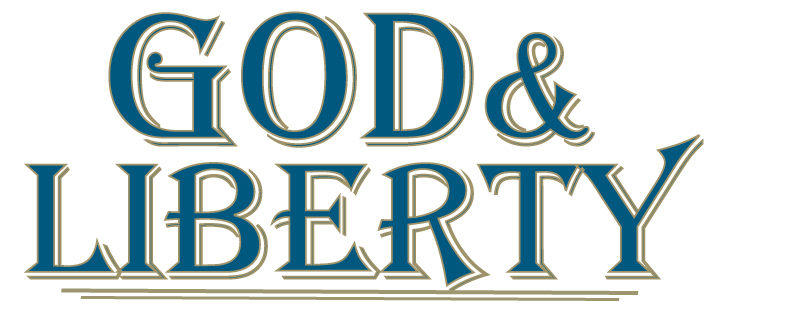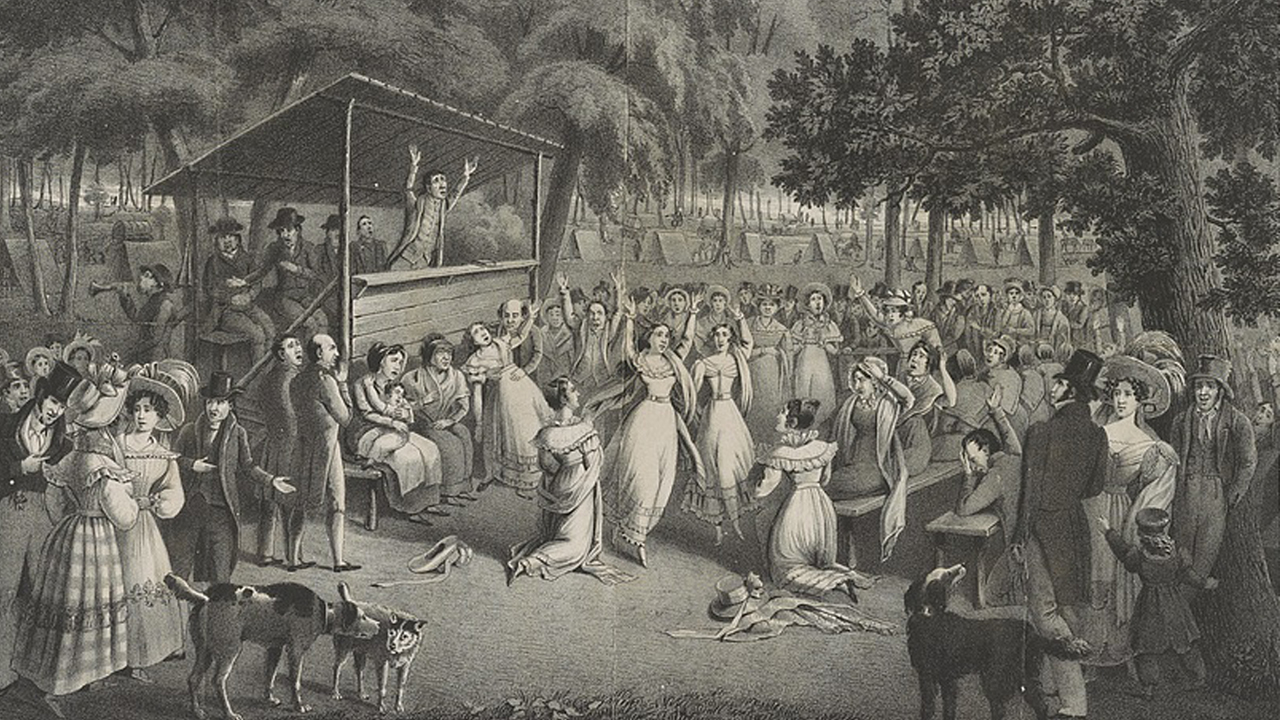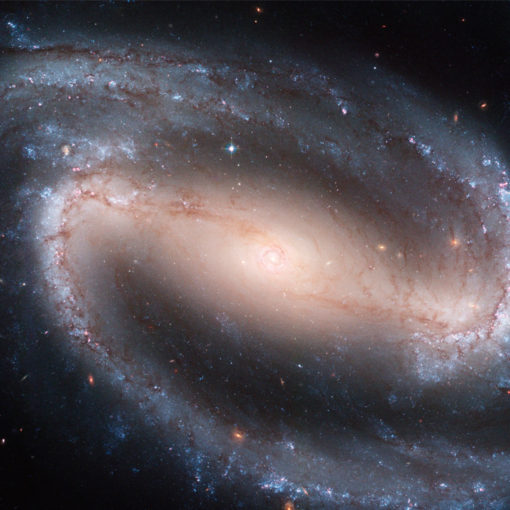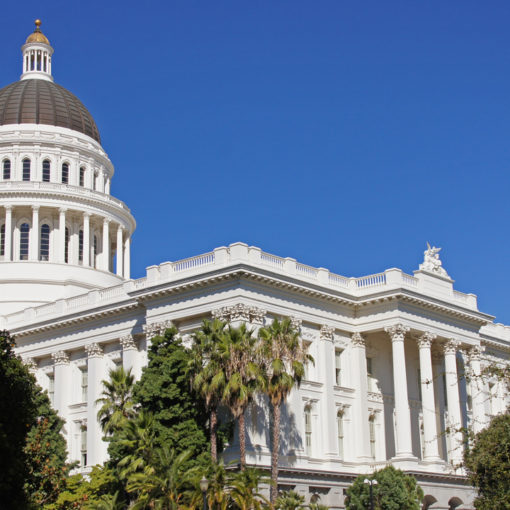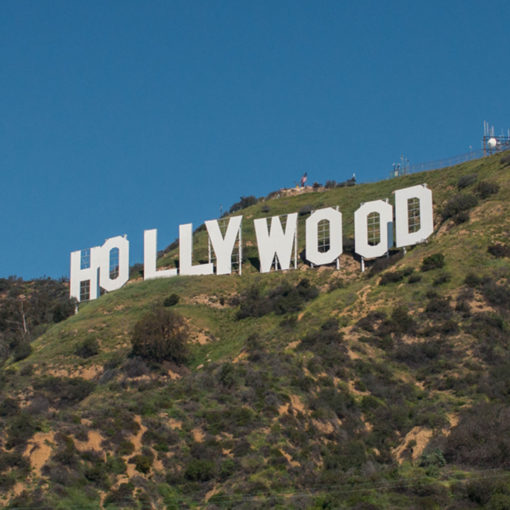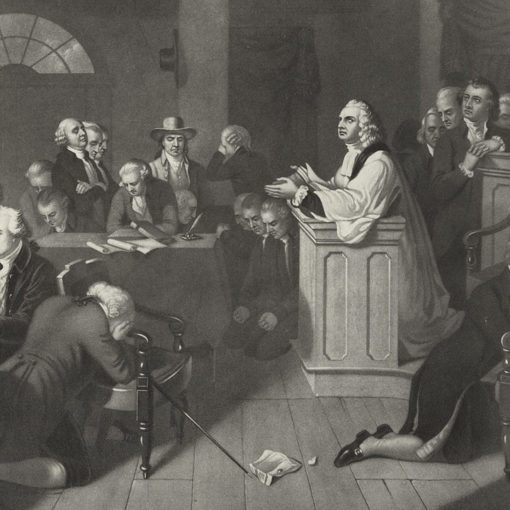Mankind began free. Whatever your religious beliefs may be, that much is without dispute. In time, humans formed complex societies to take advantage of the benefits of living in groups. With larger populations, it’s easier to hunt, domesticate animals, and farm. As competing groups began fighting with one another over access to resources, including land and animals, it became necessary to form what we think of today as fortified towns and cities, along with armies to wage wars. This, of course, required people appointing rulers and investing them with tremendous amounts of power and wealth. And over time, very few people could call themselves truly free.
It is natural and in keeping with much of human history for people to trade their liberties for security, so it’s quite understandable why so many today are clamoring to bargain away their Second Amendment rights in the hope of preventing another school shooting like the tragic one that recently occurred in Parkland, Fla.
In a post-modern world, where truth is deemed to be subjective and concepts like “right” and wrong” are taboo, it’s not surprising that in a time of crisis, people are running toward those who are promising they can make the horror, death and devastation go away. People are so thirsty for answers, they’d drink the sand if the all-powerful government told them it was water. And while pundits of all political persuasions, myself included, debate the importance (or dangers, depending on your views) of firearms, the larger, more obvious problem remains curiously out of reach: The reason hundreds of people are being murdered in the streets of Chicago, 17 children were murdered in Parkland, and thousands of others are killed each year (mostly by people who illegally possess guns) is that our souls are desperately corrupt, sick, immoral and, as Christians often say, “fallen.”
It’s not surprising to see non-Christians roll their eyes when such an observation is made. The popular, widely available view in today’s America is that people are generally good, kind, and interested in helping one another, and if greedy, self-serving, gun-toting hicks were to get out of the way of the government, we could finally solve all the world’s problems with universal health care schemes and far-reaching gun bans. Put your faith in the government, they say, and all will be well.
This view makes sense if one believes government is his or her highest authority, but an increasing number of Christians are beginning to put their faith in government, too, always believing we’re just one more law away from a near-perfect society. At best, this is a sign of Christian ignorance. At worst, it’s heresy.
The Bible couldn’t be clearer when it comes to the state of man: “None is righteous, no, not one; no one understands; no one seeks for God. All have turned aside; together they have become worthless; no one does good, not even one. … Their feet are swift to shed blood; in their paths are ruin and misery, and the way of peace they have not known.” (Romans 3:10-12, 3:15-17)
Elsewhere, Paul the Apostle refers to humans as “slaves to sin,” and describes in heart-wrenching detail how “nothing good lives” in him, “for I have the desire to do what is good, but I cannot carry it out. For I do not do the good I want to do. Instead, I keep on doing the evil I do not want to do. And if I do what I do not want, it is no longer I who do it, but it is sin living in me that does it.” (Romans 7:18-20)
Paul’s remedy for a sick, utterly hopeless heart isn’t gun control, taxes, another welfare program, or anything of the kind; it’s faith. Through faith, hearts are born anew, the lame walk and the dead live forever. Or, as Jesus put plainly, “with God, all things are possible.” (Matthew 19:26)
If you think Christianity is rubbish, then all this sounds like utter nonsense. But if your heart has been transformed by the power of God, then there’s no excuse for believing man can solve the ills of the world apart from God, because God has plainly said it’s impossible.
I don’t think it’s an accident that the birth of the American nation followed shortly after the Great Awakening of the early to mid-18th century. It was then that pastors such as George Whitefield traveled some 5,000 miles preaching on more than 350 occasions to crowds of thousands about the necessity of God and humans’ broken nature. Some estimate Whitefield delivered his message to almost one-quarter of all Americans in less than two years.
Following such a massive revival, the colonists were readier than ever to tell the monarchs of Europe that a free, independent, and Godly people don’t need a centralized authority to keep them safe or to solve their problems. In fact, they would have been better equipped than ever to make the case that no authority save God alone could achieve such a feat.
Contrast that generation with our own. Without God, who can we turn to for “salvation,” the definition of which shifts from day to day, hour to hour? No one except the only authority in our lives powerful enough to promise peace: government.
The more I study history, the more convinced I’ve become that there is no long-term hope for freedom in a Godless country. In the end, people will always choose to trade away their liberty for the illusion of security. How quickly we’d drink the sand for the momentary peace that comes with believing that, despite all reason, it might quench our thirst.
We don’t need government to stop mass shootings. We don’t need Democrats or Republicans. We don’t need bump-stock bans or age restrictions. How completely foolish we are for believing people like Nancy Pelosi, Chuck Schumer or even Donald Trump can fix what the Scriptures say are a fundamentally spiritual problem.
No, we don’t need more government. We need new hearts. We need a new Great Awakening. We need God.
Editor’s Note: This article was also published by The Blaze. It is available here.
PHOTO: Camp-meeting / A. Rider pinxit ; drawn on stone by H. Bridport. his image is available from the United States Library of Congress’s Prints and Photographs division under the digital ID ds.03095. This media file is in the public domain in the United States. This applies to U.S. works where the copyright has expired, often because its first publication occurred prior to January 1, 1923. Available via Wikimedia Commons.
